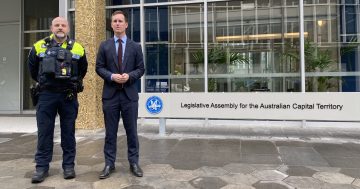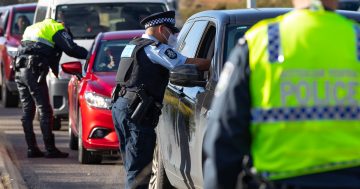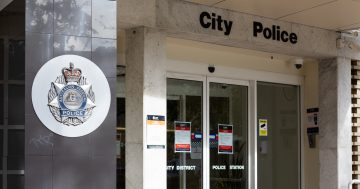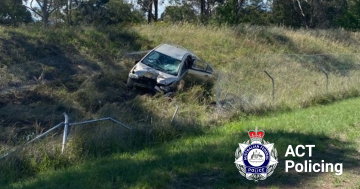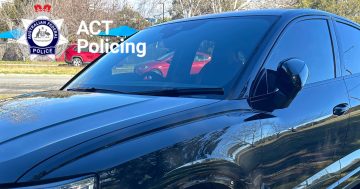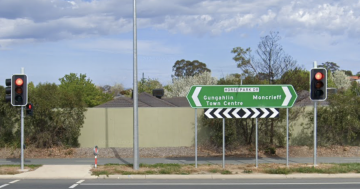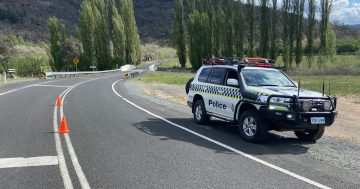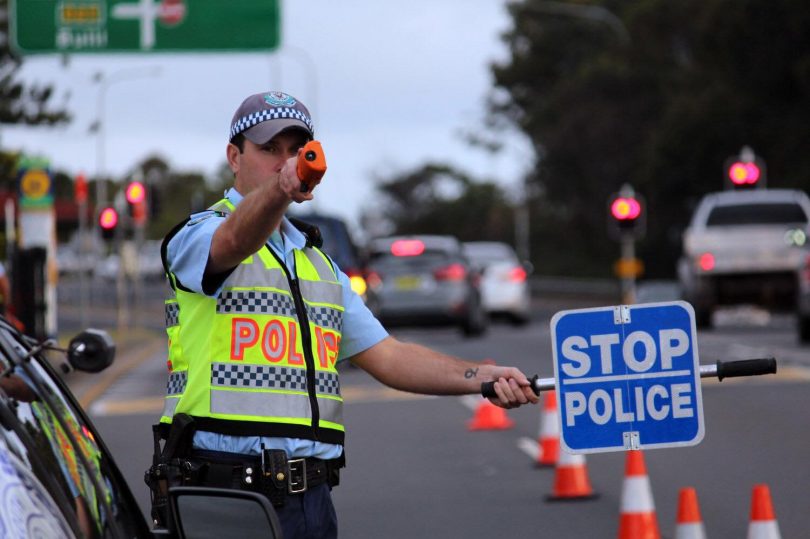
Under Mr Constance’s new law, even low-range drink driving offenders risk losing their licence for three months if arrested. Photo: NSW Traffic and Highway Patrol.
New laws in effect from this week mean that a designated driver is more important than ever, and that decision based on ‘I think I am okay to drive’ now carries extra weight – just in case the thought of killing someone or hurting yourself wasn’t scary enough.
All drink driving offenders in NSW will now immediately lose their licence under tough new penalties introduced by Minister for Transport and Roads (and Member for Bega) Andrew Constance.
Under the new law, even first-time, lower range offenders will receive an immediate three-month licence suspension, as well as a $561 fine.
“This means anyone caught drink driving in NSW, at any level, including low-range from 0.05- 0.079, will now lose their licence immediately,” Mr Constance says.
Those who are subject to the loss of licence can then appeal the decision in court.
And while the law hasn’t reached across the border yet, the new penalties will still affect Canberra motorists and all interstate drivers. ACT drivers charged with low-range drink driving offences over the border will receive the same suspension and fine as their NSW counterparts.
Local lawyer Michael Kukulies-Smith, who is a partner at Kamy Saeedi Law and chair of the ACT Law Society’s Criminal Law committee, believes the new laws will see more people re-offending and have a disproportionate impact on offenders.
“Automatic suspensions are likely to have devastating effects on people who make just one mistake in their lives,” he said.
The law has its roots with the previous Minister for Transport and Roads, Melinda Pavey but Mr Constance says he has very personal reasons driving his commitment to safer roads after surviving a 2011 accident near Mogo, along with his wife and then four-year-old daughter, whom he pulled from the wreckage.
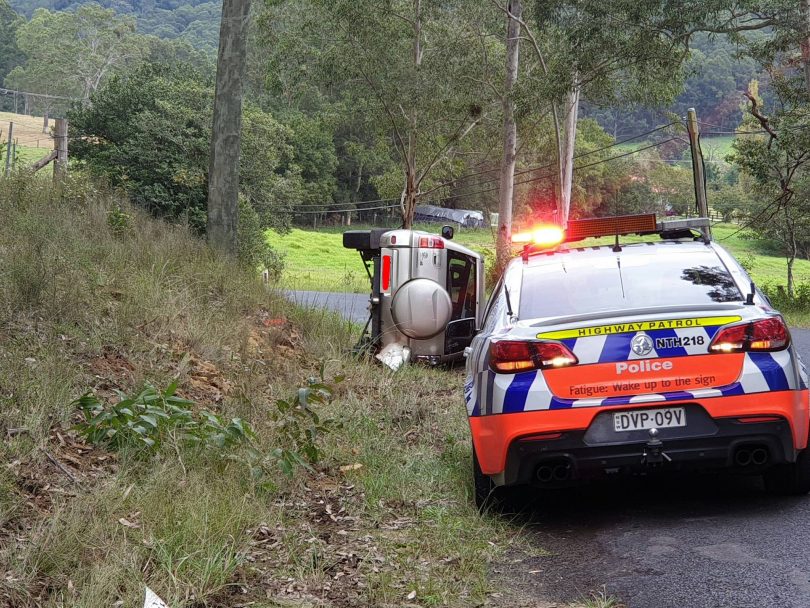
Drivers in country areas are more likely to be involved in fatal drug and alcohol-related accidents. Photo: NSW Traffic and Highway Patrol.
Illegal drug use by drivers is also a renewed focus with a saliva swab test more readily available to police to detect the presence of THC, (tetrahydrocannabinol) found in cannabis, methamphetamine, or ecstasy.
“If you break the law, you will pay the price. We are taking a zero-tolerance approach to drink and drug driving,” Mr Constance says.
According to the government’s stats, those of us driving on country roads are most likely to be involved in an alcohol-related fatality, with 55 of the 68 alcohol-related deaths last year in NSW happening on rural roads.
On top of that, there are at least 70 confirmed cases of NSW fatalities in 2018 from crashes involving drivers and illicit drugs, with a number of matters still before the courts.
The drugs detected include cannabis, ecstasy, amphetamines, and cocaine.
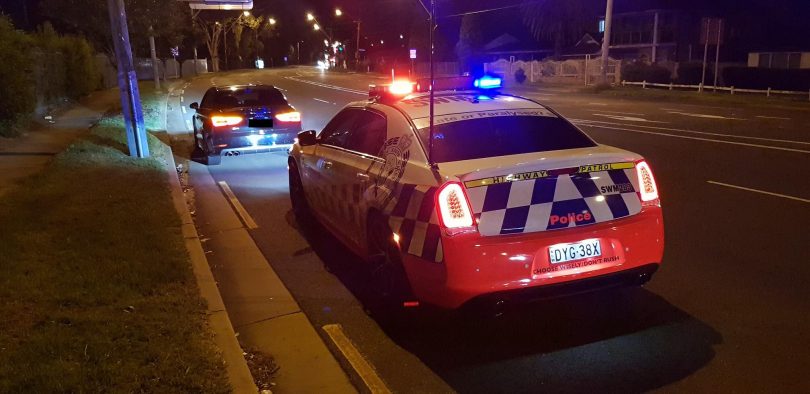
With 68 alcohol-related fatalities in NSW in 2018 and 70 drug-related, random drug tests have become as important as the better-known random breath test. Photo: NSW Traffic and Highway Patrol.
Assistant Police Commissioner Michael Corboy says this reform will protect all road users by ensuring swift and certain penalties.
“Alcohol is one of the major factors in crashes that kill or injure people on NSW roads. The 0.05 blood alcohol limit has been in place for almost 38 years. There are no more excuses,” Assistant Commissioner Corboy says.
With our dependence on driving in rural areas, losing your licence for three months or longer would be a big blow for most families and individuals. Just think – how would it impact your world?
What do you think of these new penalties? Will it change your “I think I am okay to drive” behaviour?
Original Article published by Elka Wood on About Regional.












